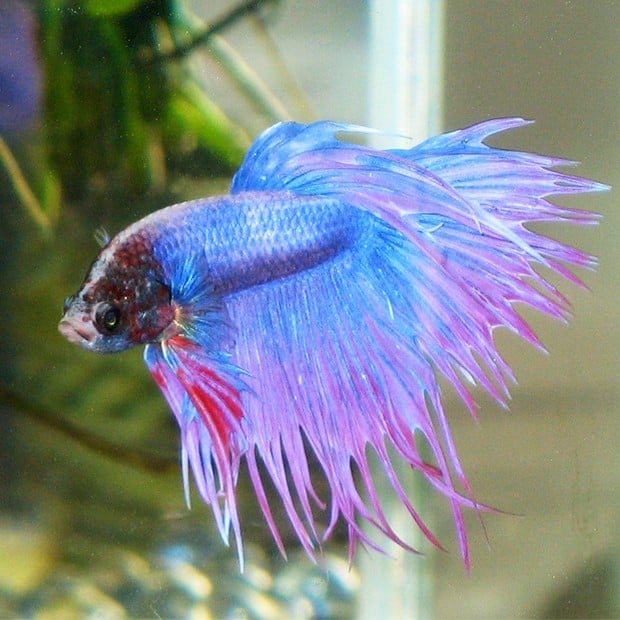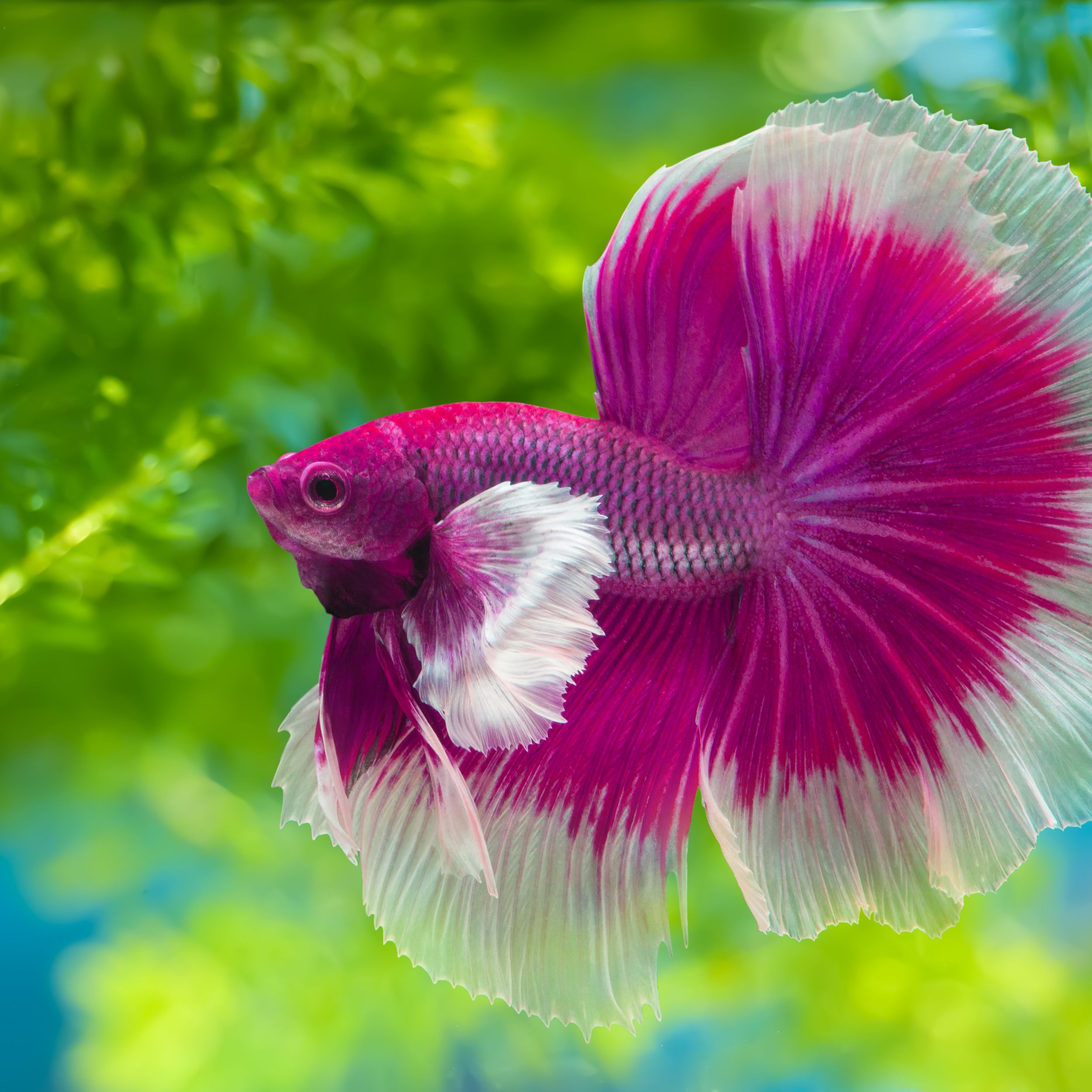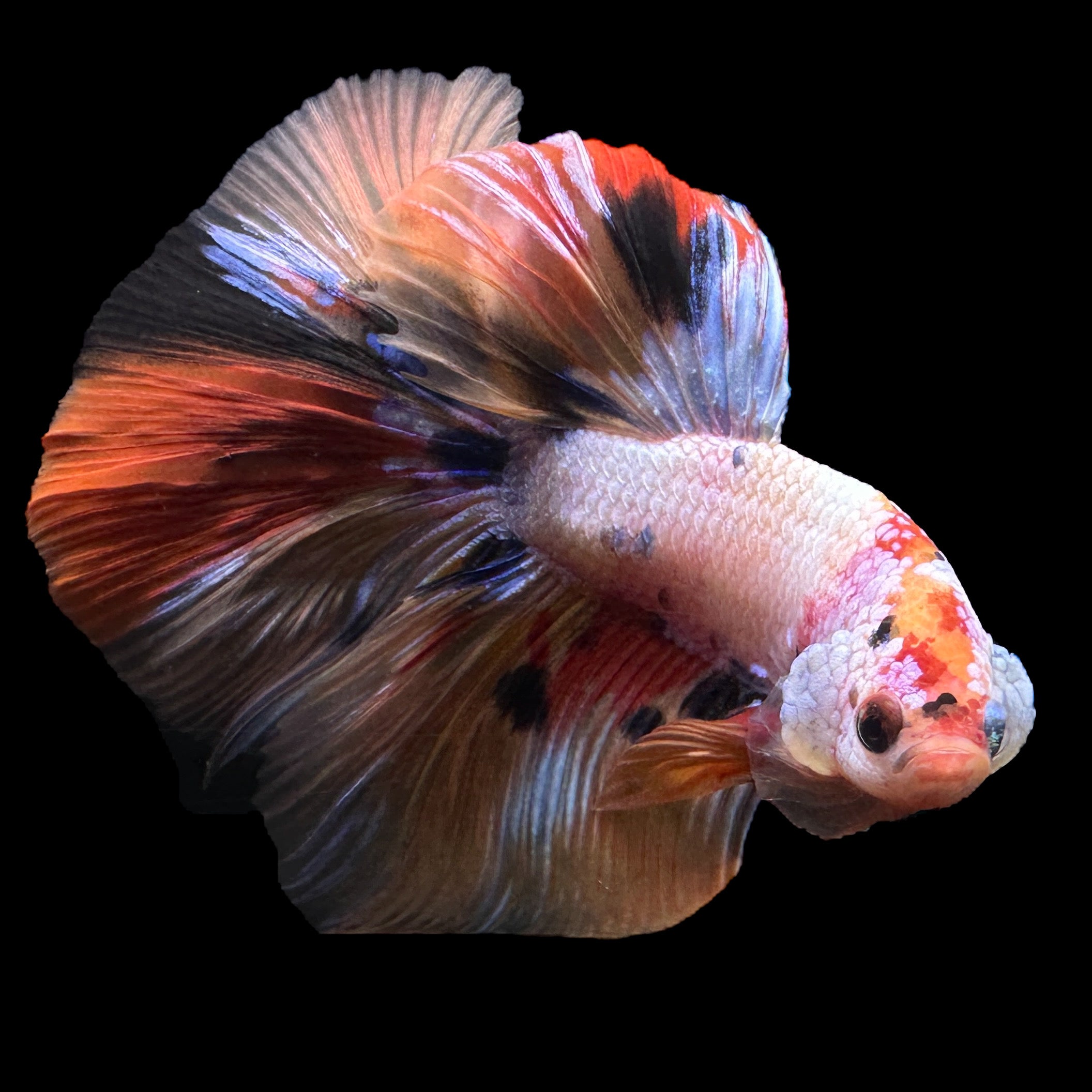Typical Betta Fish Diseases and Exactly How to Prevent Them
Typical Betta Fish Diseases and Exactly How to Prevent Them
Blog Article
The Ultimate Guide to Betta Fish Care: Crucial Tips for Preserving a Healthy And Balanced and Thriving Aquarium Atmosphere
Effective Betta fish care necessitates a detailed understanding of their one-of-a-kind ecological and physiological requirements. Establishing a suitable fish tank starts with picking the right container size and ensuring optimal water conditions, which are vital for the health and wellness and wellness of your Betta.
Picking the Right Storage Tank
Choosing the proper storage tank for your Betta fish is crucial to guaranteeing its health and health. Bettas flourish in settings that imitate their all-natural environments, which typically contain calm, cozy waters. A tank size of a minimum of 5 gallons is suggested to supply sufficient swimming room, as smaller storage tanks can result in stress and health and wellness concerns for these lively fish.
When picking a tank, think about the storage tank's shape and filtering system. Additionally, a trusted filtration system is crucial to keep water top quality and reduce the regularity of water modifications.
Temperature law is an additional essential factor; Bettas like water temperature levels between 76 ° F and 82 ° F. Buying an excellent heating unit will certainly make sure that the water continues to be within this variety, advertising a healthy and balanced and energetic way of life for your Betta. Lastly, providing suitable container decors and hiding areas will certainly help in reducing stress and motivate all-natural habits, additionally boosting your Betta's wellness.
Maintaining Water Quality
Preserving optimal water quality is vital for the health and wellness and durability of Betta fish. This requires normal monitoring of various parameters, including temperature level, pH, ammonia, nitrite, and nitrate degrees. Bettas thrive in temperatures between 76 ° F and 82 ° F, so maintaining a secure temperature is important. Unexpected fluctuations can result in tension and disease.
Normal testing making use of a trustworthy water screening set can aid ensure these specifications continue to be within the suitable varieties. Ammonia and nitrite levels need to constantly be at 0 ppm, as also reduced concentrations can be hazardous to Betta fish.
Routine water adjustments are essential to preserving water top quality. It is recommended to alter 25-50% of the container water weekly, relying on the storage tank dimension and stocking levels. Making use of a high-quality water conditioner can aid eliminate dangerous chemicals from faucet water, making sure a risk-free environment. Additionally, incorporating a robust purification system can assist in preserving water clearness and quality, giving a healthier habitat for your Betta fish.
Ideal Feeding Practices
Giving a balanced diet is critical for the health and vivid pigmentation of Betta fish, as their dietary needs play a substantial role in their general wellness. Betta fish are carnivorous by nature, needing a diet plan high in healthy protein. A combination of top quality pellets, frozen or real-time foods such as bloodworms, salt water shrimp, and daphnia can provide the necessary nutrients they require.
Feed your Betta fish 2 to three times a day, supplying only what they can consume within 2 to 3 minutes to avoid overfeeding and preserve water quality. Overfeeding can site here bring about obesity and wellness problems, consisting of swim bladder disease. It is necessary to check their nutritional intake and readjust part sizes accordingly.
In addition to healthy protein, a balanced diet plan should include vitamins and minerals to promote optimal health and wellness. Consider supplementing their diet with top quality flakes or pellets especially formulated for Betta fish, as these frequently contain necessary ingredients.

Producing an Ideal Habitat

Water top quality is extremely important; preserve a temperature level in between 76 ° F and 82 ° F, and guarantee the pH degree ranges from 6 - betta fish.5 to 7.5. Regular water modifications of 25-50% per week will certainly assist keep contaminants at bay and ensure a secure setting
Integrating plants and hiding areas is critical, as Betta fish are normally territorial and take pleasure in having locations to explore and retreat. Live or silk plants, along with caves and accessories, can develop a revitalizing setting.

Regular Health And Wellness Checkups
Conducting regular health and wellness checkups is essential for making sure the wellness of Betta fish, as very early detection of possible problems can protect against major illness. These appointments must encompass a comprehensive evaluation of the my company fish's physical condition, behavior, and ecological elements.
Begin by observing the Betta fish for any type of indicators of distress, such as sleepiness, anorexia nervosa, or uncommon swimming patterns. Furthermore, examine the fins and body for indicators of discoloration, sores, or fin rot, which can indicate infections or parasites. On a regular basis monitoring the water high quality in the aquarium is just as vital; specifications such as pH, ammonia, nitrite, and nitrate degrees must be kept within optimum ranges to avoid tension and disease.
Furthermore, consider maintaining a log of health and wellness monitorings and water quality tests. This document can facilitate the recognition of patterns or repeating problems. If any irregularities are found throughout the appointment, it is important to seek advice from a vet experienced in marine pets. Prompt treatment can make a considerable distinction in the recuperation of your Betta fish, guaranteeing a lengthy and healthy life in a well-kept more aquarium environment.
Final Thought
To conclude, successful Betta fish treatment depends upon developing and maintaining an ideal fish tank environment. Key elements include choosing an appropriately sized storage tank, making certain regular water high quality, adhering to suitable feeding techniques, and creating an environment that lessens anxiety. Regular health and wellness checkups are vital for early detection of prospective concerns. By adhering to these guidelines, aquarists can promote the well-being and vibrancy of Betta fish, inevitably causing a growing water community.
Report this page